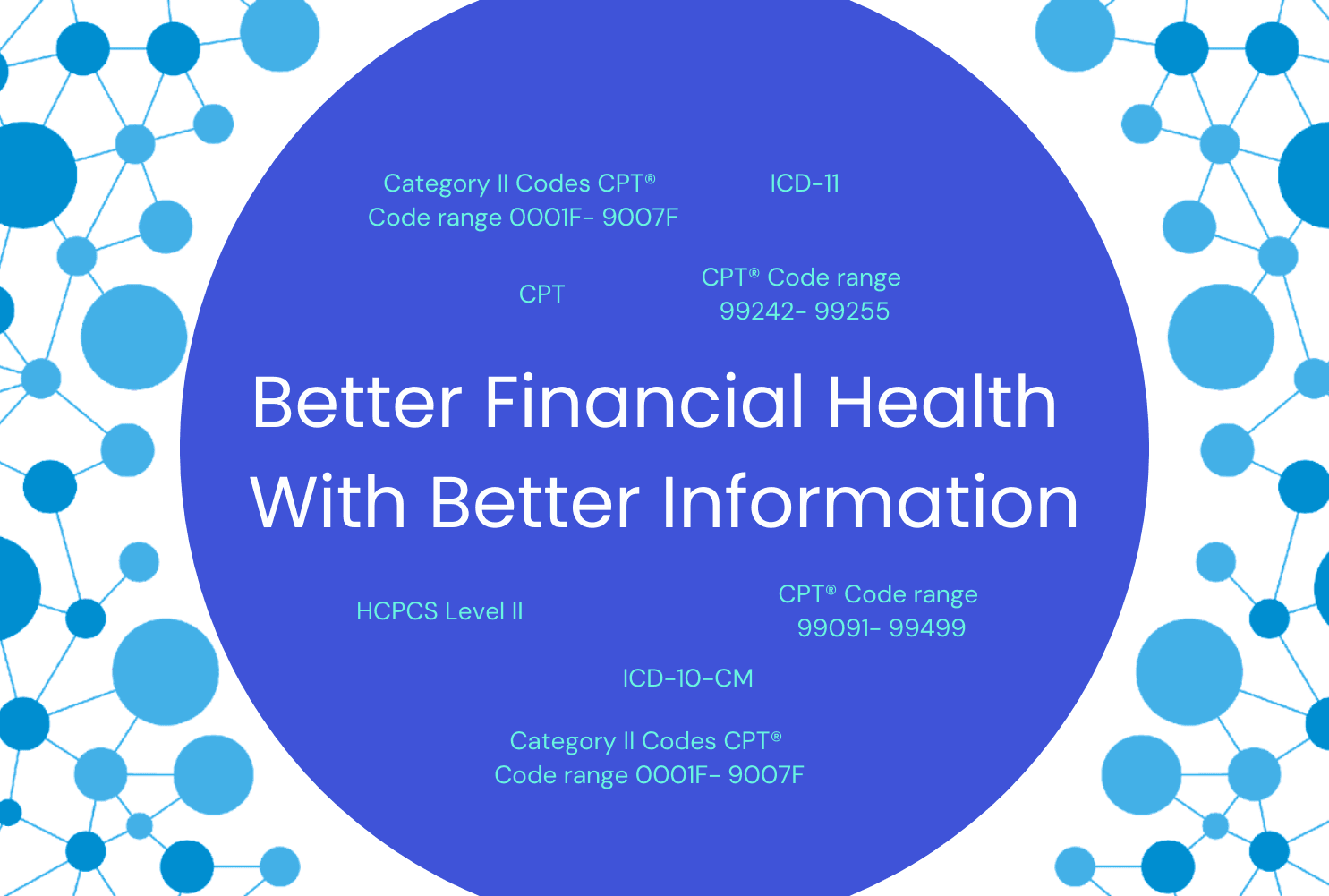Navigating the No Surprises Act: Understanding Your Rights and Protections

Introduction
Unexpected medical bills, particularly from out-of-network services, have long been a source of financial distress for many Americans. The No Surprises Act, effective from January 1, 2022, aims to protect patients from these unwelcome surprises. This federal law restricts excessive out-of-pocket costs to patients from out-of-network providers during emergency services or at in-network facilities. Understanding this act is crucial for patients to navigate their healthcare rights and financial responsibilities effectively.
Understanding the No Surprises Act
The No Surprises Act primarily does the following:
Protects Against Unexpected Bills: It prevents patients from receiving surprise bills for emergency services, even if they are provided out-of-network and without prior authorization.
Applies to In-Network Facilities: If you receive care from an out-of-network provider at an in-network facility, you are only responsible for paying the in-network cost-sharing amount.
Advance Explanation of Costs: For non-emergency services, healthcare providers and facilities must provide a good faith estimate of charges to patients who are uninsured or not using insurance.
Navigating Your Healthcare Under the No Surprises Act
Know Your Rights: Familiarize yourself with the protections offered by the No Surprises Act. Remember, you cannot be charged more than the in-network rate for emergency services and certain services at in-network hospitals.
Check Network Status: Before scheduling a procedure or service, verify whether the providers and the facility are in-network. Even in in-network facilities, some providers (like anesthesiologists or radiologists) might be out-of-network.
Request a Good Faith Estimate: If you are uninsured or choosing not to use insurance, ask for a good faith estimate of the bill before receiving non-emergency care. This estimate should include all expected charges.
Review Your Bills Carefully: After receiving care, review your medical bills for any discrepancies. Ensure that you're being charged the in-network rate for covered services.
Dispute Unexpected Charges: If you receive a surprise bill, you have the right to dispute it. Contact the healthcare provider or your insurance company to begin the dispute process.
Utilize Resources: The No Surprises Act also establishes a patient-provider dispute resolution process. If you cannot resolve the dispute with the provider or insurer, you can access this federal process.
Conclusion
The No Surprises Act represents a significant step towards protecting consumers from unexpected and often exorbitant medical bills. By understanding and utilizing the protections it offers, patients can better navigate their healthcare and financial obligations. Always stay informed about your rights and don't hesitate to question charges that seem in violation of these new rules.


Not convinced you love us. We love a challenge.
Your satisfaction is guaranteed. Learn more about our Refund Policy.













